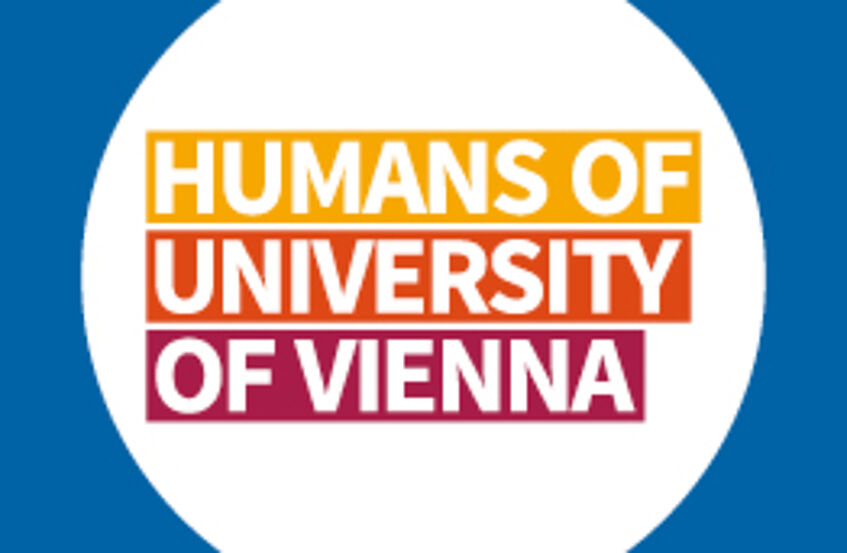History (Bachelor)

The aim of the bachelor’s programme in History is to:
- provide basic education in history;
- prepare students for postgraduate studies, in particular in the field of humanities, social sciences and cultural studies;
- provide pre-professional education for a wide spectrum of occupational and professional fields, in which it is useful to have knowledge of history and the ability to communicate this knowledge, competence with regard to digital and other media and ability to deal with them critically, international experience, intellectual independence and the ability to work in a team.
Classes are held in German and English. English language proficiency corresponding to level B2 is recommended. Lectures are sometimes held in other languages.
Bachelor of Arts
Degree Programme Code: 033 603
6 semesters / 180 ECTS credits (including 60 ECTS credits of extension curricula)
Language: German
NO entrance examination
Facts & Figures
- Students: n.a.
- Graduates in the last academic year: n.a.
- Number of semesters needed for graduation (median): n.a.
Data updated on: 03.12.2024
Attention
Instruction Language German
Please note that the instruction language of this programme is German. To start the degree programme, you need to hold a certificate of German proficiency on C1 level.
Admission procedure
Additional exam in Latin (during the degree programme)
Information about the admission procedure
Study programme
The bachelor’s programme in History consists of an Introductory and Orientation Period (STEOP) and compulsory modules (in the fields of Sources and Methods, Academic Thinking, Research and Writing, Eras, Aspects and Regions, Specialisation, Historical Thinking). In addition to or instead of extension curricula, students also have the opportunity to choose additional elective modules from the curriculum. To successfully complete the programme, students have to write two bachelor’s theses.
Five concepts
which you will deal with during your studies:
- History of historiography
- Archival science
- Philosophy of science
- Middle ages
- Global history
... and many more.
Overview of the programme structure & topics
Here you find the current offer of courses for this programme to gain better insight into the topics and structure. For more information please click on the respective level.
After Graduation
Graduates are well-prepared to work in occupational fields that require knowledge of history, competences in communicating this knowledge, digital and media competence, international orientation, a high level of independence and the ability to work in teams, e.g.:
- historical research and historical education
- archives, documentation, exhibitions, museums, media and the cultural sector
- subject-specific adult education and continuing education and training
- publishing
- gender mainstreaming
- communication of history
- tourism.
Master's Programmes
- Contemporary History and Media (interdisciplinary Master's programme)
- Epistemologies of Science and Technology (EST) (Master)
- Global History and Global Studies (Master)
- Historical Research, Auxiliary Sciences of History and Archival Studies (Master)
- History (Master)
- Interdisciplinary East European Studies (Master)
- Master Access Guide
Graduates' Perspective on the Degree Programme
Graduates ...
- say that this degree programme receives the grade: 2,0 (good)
- rate the level of difficulty as: 3.3 (appropriate)
→ These results are basd on feedback from 187 graduates.
*You can find further assessments of the degree programme from its graduates’ perspective in the graduate survey of the bachelor’s programme in History graduation survey (in German).
Graduates ...
- find employment within 1 month after graduation on average.
*You can find further information on career entry and career paths in the tracking of graduates "BA History".


